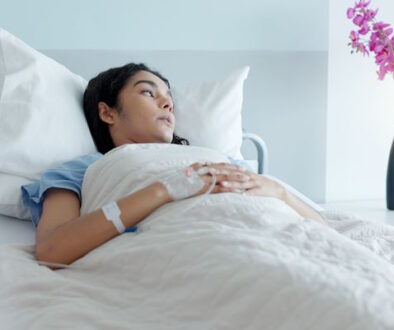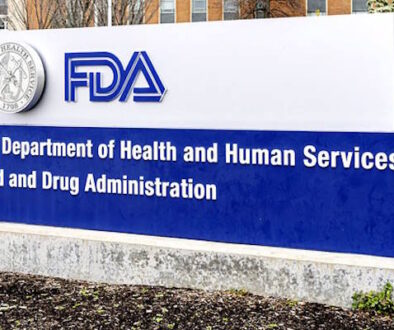No Previously Infected Cleveland Clinic Staff Who Remained Unvaccinated Were Reinfected
CLEVELAND — A study of Cleveland Clinic employees found that those who were previously infected with COVID-19 were unlikely to get infected again, even if they were not vaccinated.
Research like this could help countries that have yet to receive a large supply of vaccines prioritize who receives shots first. In the U.S., vaccines are easy to access and free.
Like all research, the study was limited in scope, but its authors nonetheless made broad assertions.
“Subjects previously infected with SARS-CoV-2 are unlikely to get COVID-19 reinfection whether or not they receive the vaccine. This finding calls into question the necessity to vaccinate those who have already had SARS-CoV-2 infection.”
“Our study examined rates of SARS-CoV-2 infection in vaccinated and unvaccinated individuals and showed that those previously infected who did not receive the vaccine did not have higher rates of SARS-CoV-2 infection than those previously infected who did, thereby providing direct evidence that vaccination does not add protection to those who were previously infected.”
The study was conducted on 52,238 employees at the Cleveland Clinic. A positive RT-PCR test was defined as a COVID-19 infection. Among those in the study, 2,579 were previously infected, and 54% of that group remained unvaccinated. None of those 2,759 employees were reinfected.
When asked to comment on the study, the Cleveland Clinic issued this statement.
Cleveland Clinic recommends those who are eligible receive the COVID-19 vaccine. (Editor’s Note: Why?)
We recently shared research that provides insight into how the immune system protects the body after a confirmed COVID-19 infection. The study followed Cleveland Clinic caregivers over five months as the vaccination process was beginning. The data showed that the vaccine was extremely effective in preventing COVID-19 infection. In addition, we found that none of the previously infected employees who remained unvaccinated were re-infected over the duration of the study. This information could help guide vaccination efforts should there be a shortage of vaccine supply and in countries where vaccine supply is limited.
This is still a new virus, and more research is needed. It is important to keep in mind that this study was conducted in a population that was younger and healthier than the general population. In addition, we do not know how long the immune system will protect itself against re-infection after COVID-19. It is safe to receive the COVID-19 vaccine even if you have previously tested positive, and we recommend all those who are eligible receive it.
Limitations of the study
The authors acknowledged an obvious limitation in their work. Because there was not a policy of asymptomatic employee screening, “previously infected subjects who remained asymptomatic might have been misclassified as previously uninfected. Given this limitation, one should be cautious about drawing conclusions about the protective effect of prior asymptomatic SARS-CoV-2 infection.”
Also, 12% of the caregivers classified as previously infected did not have a symptom onset date recorded, suggesting that at least some who were classified as having been previously infected might have had asymptomatic infections.
The authors said the five-month duration of the study was short, but that it was longer than the published mRNA vaccine efficacy studies to date.
The study also did not include any children and few elderly subjects, and the majority of those studied would not have been immunosuppressed.
It’s also not known how this study would hold up with newer variants.
Strengths of the study
The study also cited some of its strengths, including the large sample size and length. The follow-up of up to five months provided researchers with an “ample degree of confidence in its findings.”
Researchers chose the employee cohort at the Clinic because of documentation of their COVID-19 vaccination. A hospital is a place any COVID-19 infection would be recorded.
“Given that was this a study among employees of a health system, and that the health system had policies and procedures in recognition of the critical importance of keeping track of the pandemic among its employees, we had an accurate accounting of who had COVID-19, when they were diagnosed with COVID-19, who received a COVID-19 vaccine, and when they received it,” the authors wrote.
The findings have important implications globally, the authors said. In countries where vaccine supply is limited, it would make the most sense to give the vaccine first to those who have not been infected.
The study said as of May 17, only 17 countries had been able to reach 10% or more of their populations with at least the first dose.
Click here to access the full study.




